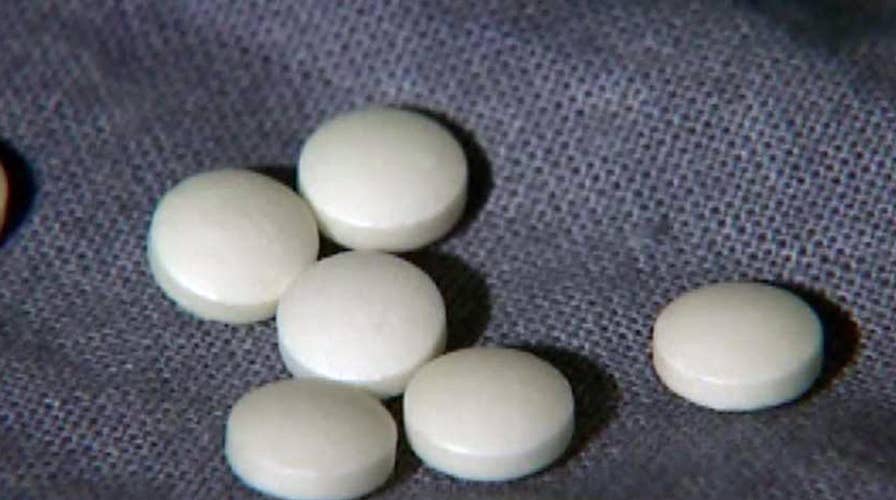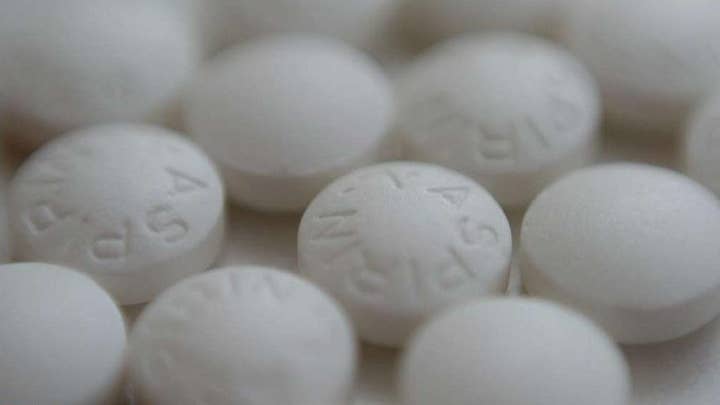Aspirin is a blood thinner that works on platelets, the sticky stuff in your blood that helps you to form blood clots. Since both heart attacks and strokes usually involve clots, it has always made sense to me that aspirin is useful for what we doctors call secondary prevention – when you already have a known heart disease or had a prior stroke and an aspirin decreases your risk from forming another clot, totally blocking a critical artery, and disabling or killing you.
Earlier studies also showed that there was an advantage to taking aspirin for what is known as primary prevention, for those without known heart disease but at risk for developing it. The reasoning here was that you could still have plaque formation in the arteries supplying the heart or brain and not know it. Better to keep a clot from forming on top of an already narrowed vessel, leading to a sudden emergency. Based on a number of important studies, both the American Heart Association and the U.S. Preventive Services Task Force started recommending aspirin for primary prevention back in 2002 – particularly for those at high risk for a heart attack or stroke.
However, in recent years studies have increasingly shown little benefit from low dose aspirin therapy – but instead, have shown a significant risk of bleeding. This discrepancy was most marked for those over 70 in a large study of almost 20,000 people published late last year in the New England Journal of Medicine. These findings led directly to the conclusion that for most people over 70, who have never had a heart attack or stroke, the risk of aspirin simply wasn’t worth any benefit.
DR. MARC SIEGEL ON THE SYMPTOMS, CAUSES AND DANGERS OF STROKES
It seems major efforts to reduce smoking, control high blood pressure, and lower cholesterol with lifestyle change and a cholesterol-lowering statin are beginning to really pay off as aspirin, a riskier and less effective approach, is taking a back seat.
This is why the American Heart Association and the American College of Cardiology made the right decision this week by changing their recommendations to give a baby-aspirin to very high-risk patients only between the ages of 40 and 70. The threshold for starting aspirin for those with diabetes (where heart disease may easily be silent) is and should be lower.
Keep in mind that these are just guidelines, not rules or mandates and that the actual decision necessitates a conversation between you and your doctor. Ask your doctor, "What is my risk of bleeding versus what is my benefit from taking this aspirin?" In fact, this is a conversation that should always take place between a patient and doctor but too frequently it doesn't. It is quite disturbing that 40 percent of American adults are taking an aspirin every day, a number that is far too high and will hopefully start coming down now that the guidelines have changed.
CLICK HERE TO GET THE FOX NEWS APP
Just as important a message to take home from this week’s news is not to self-medicate. Over the counter medications are still medications, even if the companies that produce them would like you to believe otherwise.
Aspirin saves lives but it also cost lives. We need to manage the risk/benefit strategy more effectively. We now have the information we need to guide us. But the information alone still isn’t enough. You must find the right guide to work with. Please don’t try to guide yourself.


